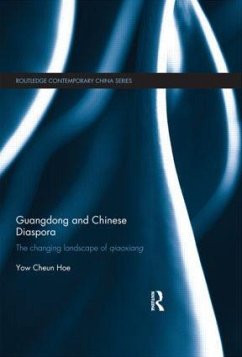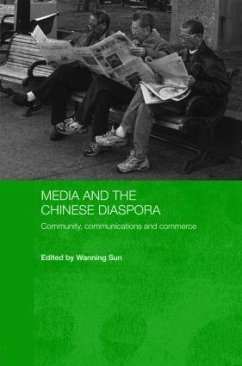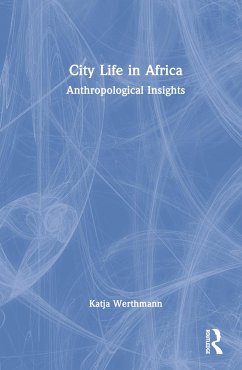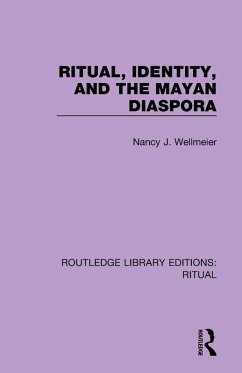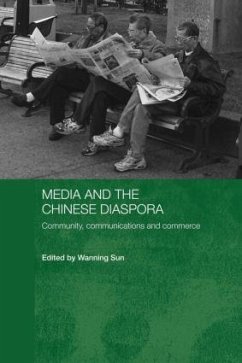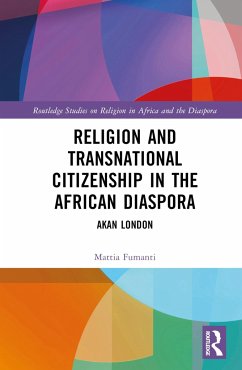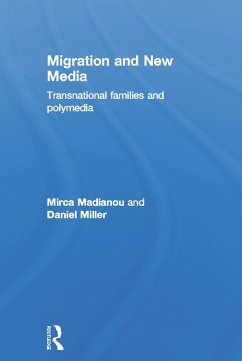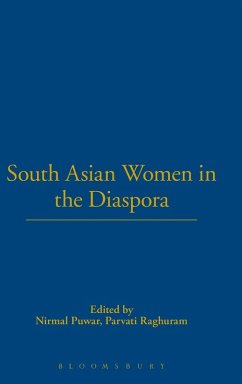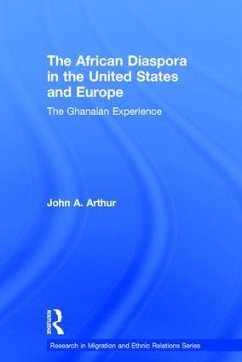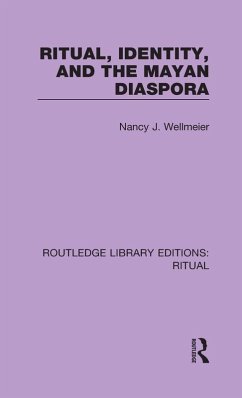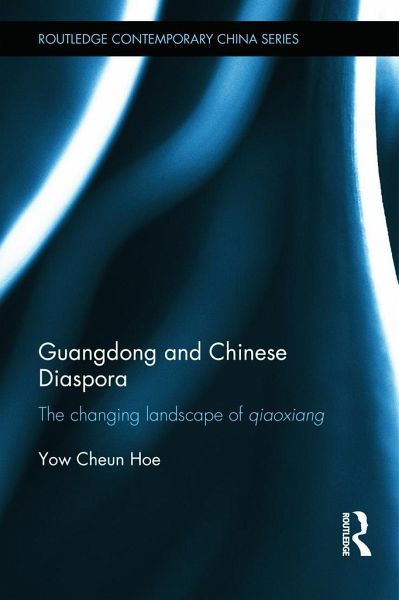
Guangdong and Chinese Diaspora
The Changing Landscape of Qiaoxiang
Versandkostenfrei!
Versandfertig in 1-2 Wochen
176,99 €
inkl. MwSt.
Weitere Ausgaben:

PAYBACK Punkte
88 °P sammeln!
The role of the Chinese Diaspora in China's recent economic success has created a myth that their relations with China is natural and primordial, and that regardless of their base outside China and generation of migration, the Chinese Diaspora are inclined to participate enthusiastically in China's social and economic agendas. By focusing on Guangdong, this book seeks to dispell such a myth, and argues that not all Chinese diasporic communities are the same in terms of mentality and orientation, and that their connections to the ancestral homeland vary from one community to another.




